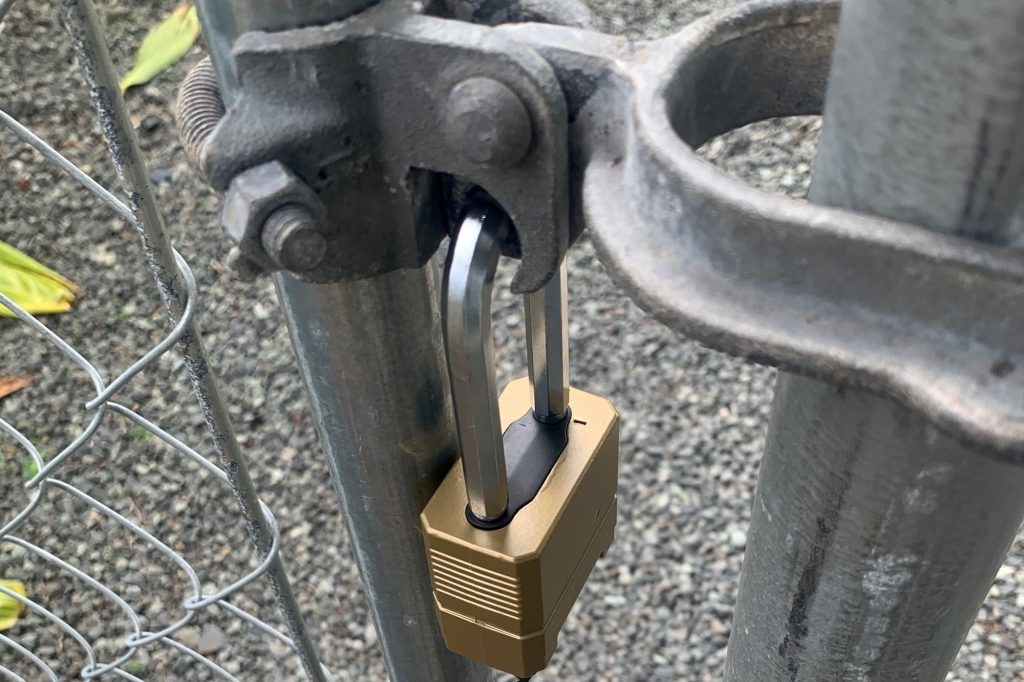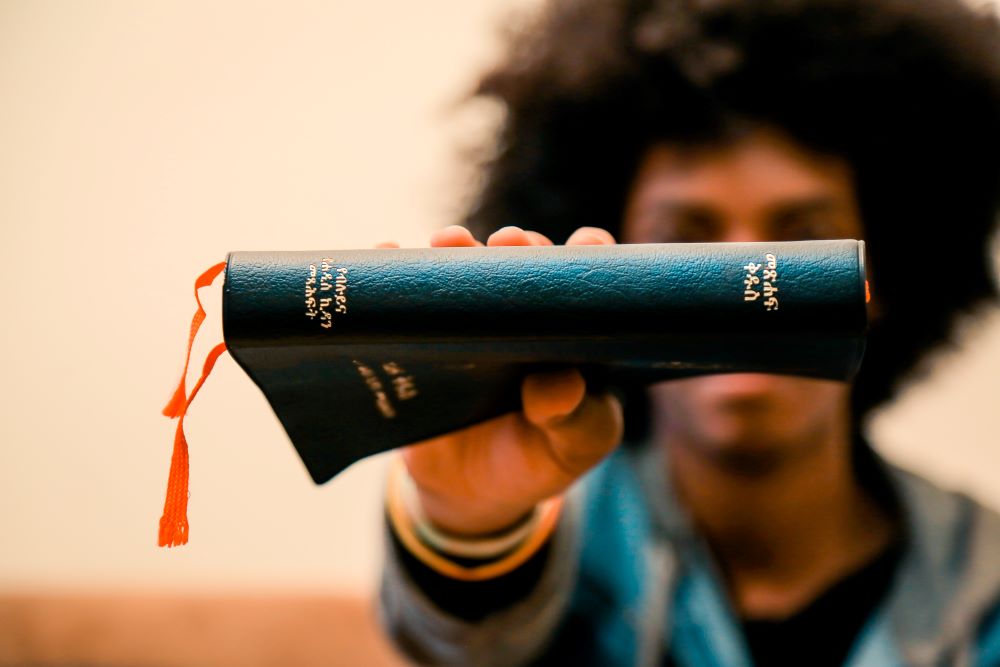Few of the people groups who need the scriptures in their heart language can speak English. Fortunately, there are usually some bilingual speakers among them who can translate from scriptures in their second language, and it becomes a “source text” for the new translation. (See Blog #14)

However, a big obstacle is that most previous translations are copyrighted by translation organizations and Bible societies, and it is illegal to use them as the source text for another language.

Further, for various reasons, a heart-breaking number of Bibles that were completed over the years are not wanted by those who speak that language. There are pallets of Bibles stored in warehouses. Probably in some cases the nationals didn’t have enough “ownership” in them, to want them. Or maybe they simply don’t connect with the mother tongue and the culture in a way that touches hearts. Further, language changes over the years, and if the translation took 15-30 years, as was often the case, they might simply have been outdated by the time they were printed.

Sadly, because they are copyrighted, they may not be revised or updated to make them useful to those language speakers. They are closed and the door is locked. Today’s translators for that language must start over from another source text. I’ve been very close to such a scenario for a major Gateway Language, and frankly it angers me.
Unfolding Word (UW, see Blog #14) is a leader in the Creative Commons open-license approach for the scriptures, and is setting the pace for others. Biblica, formerly the Int’l Bible Society, has recently released their New Arabic Version, a Gateway translation that will give access to over 300-million people, in 584 people groups in 19 countries, and they are preparing to release more.
Wycliffe Associates (WA) is also open-license, and at the bottom of their home page you can see the many translations they have facilitated. Peruse their web site. I commend both WA and UW to you.
Fortunately, UW and WA’s strategies for equipping nationals to do their own translation will minimize copyright issues in the future. And UW has developed software that allows rejected or abandoned translations to be efficiently reviewed, revised, and made useful if the copyrights are released.
This is a new Day, and it seems to me that those who have the power to do so, ought to quickly remove the chains on every previous translation that is needed as a source-text, or which needs to be revised and made useful. This is God’s Word, in translations that were funded by the Church, and it doesn’t seem right that their usefulness is locked out by copyrights which are often for monetary reasons.
I’d urge those who support this work to only invest in translations that will be freely available to others as needed.
——————————-
Ken Stoltzfus, Kidron, OH
Aug. 14, 2020
CLICK HERE for printable pdf – – FACEBOOK: Ken Stoltzfus – Kidron
Dear Ken,
I feel and share your frustration about the padlocked Bibles. But as you said in you blog, a new day is dawning and God is opening doors of access to His word for the Nations.
Keep it up with the great work of creating awareness of the need and the situation facing the many language groups that do not have the Bible in their Heart language.